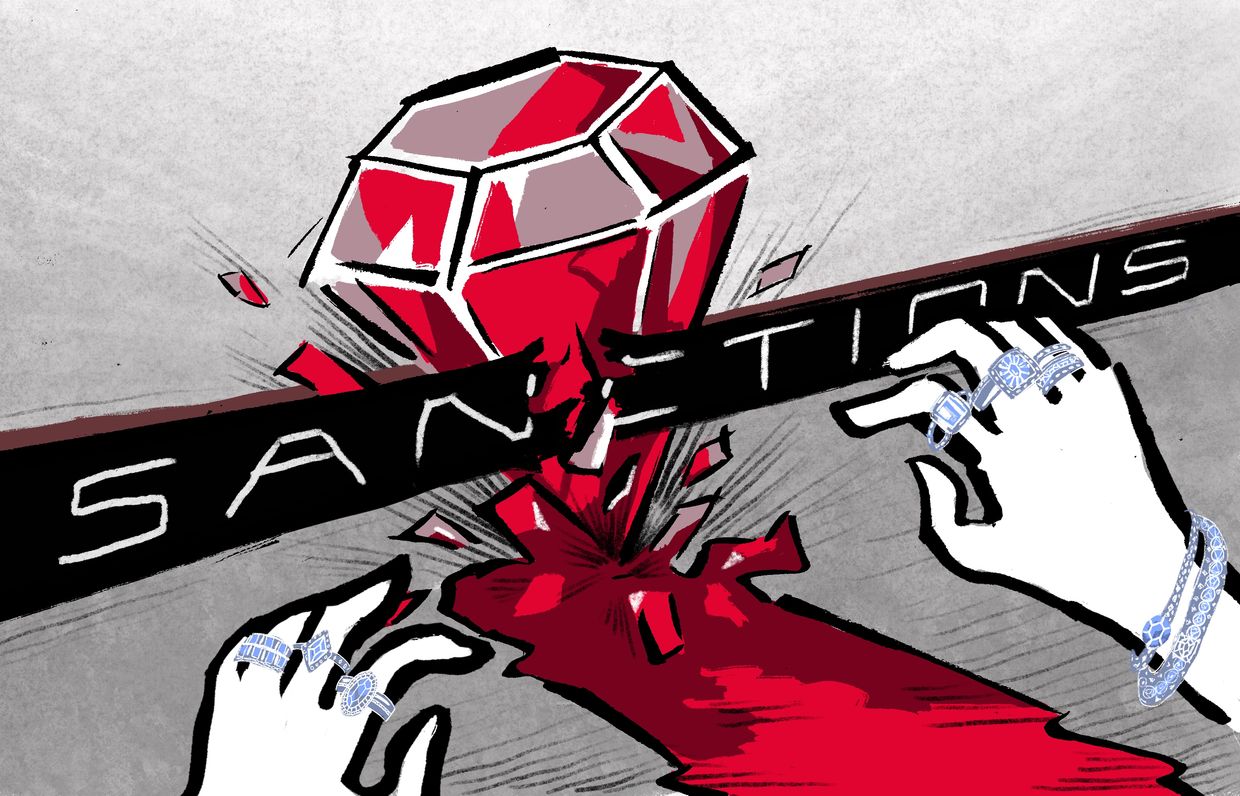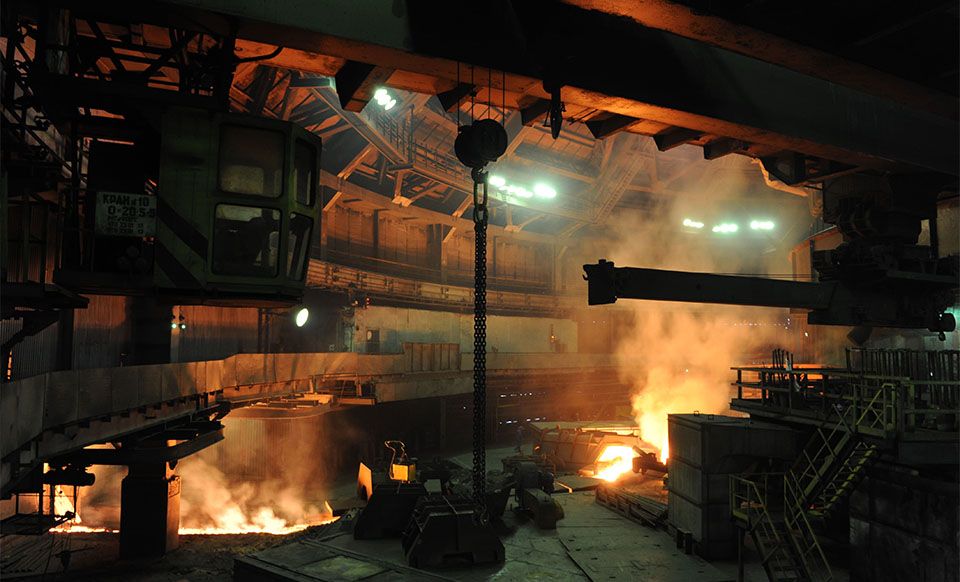EU adopts 12th package of Russia sanctions

The Council of the EU has adopted the 12th package of sanctions against Russia over its full-scale invasion of Ukraine, the Council said in a statement on Dec. 18.
The newly adopted measures include a ban on Russian diamonds, a crackdown on Russia's means to acquire military-use goods, tighter controls over the $60-per-barrel oil price cap, and further steps targeting Moscow's revenue amid the all-out war.
The ban on Russian diamonds is coordinated with the Group of Seven (G7) to cut Russia's revenues from the sale of precious stones. Russia is the world's largest diamond producer, earning around $4 billion from the diamond trade last year.
The EU imposed a direct ban on non-industrial natural and synthetic diamonds, as well as diamond jewelry, starting Jan. 1. An indirect import ban on Russian diamonds processed in third-party countries will be phased in between March and September next year.
"With this 12th package, we are putting forward a robust set of new listings and economic measures which will further weaken Russia’s war machine," said Josep Borrell, the EU's top diplomat.
"Our message is clear... we remain steadfast in our commitment to Ukraine and will continue to support its fight for freedom and sovereignty."
The bloc further mandates EU exporters to contractually prohibit re-exporting sensitive dual-use goods or materials found on Ukrainian battlefields to Russia when dealing with third-party buyers.
"I welcome the political agreement on the 12th sanctions package," European Commission President Ursula von der Leyen commented.
"We continue to stand with Ukraine, through thick and thin."
Further targeting Russia's ability to circumvent dual-use goods import restrictions, the EU sanctioned 29 new entities, including Russian companies supplying electronic components and third-country entities involved in sanctions circumvention.
The list of restricted items is further expanded to chemicals, lithium batteries, thermostats, motors for drones, machine tools, and machinery parts.
The EU introduced further restrictions on imports of goods that generate significant revenues for Russia, such as pig iron and spiegeleisen, copper wires, aluminum wires, foil, tubes, and pipes.
A new import ban is introduced on liquefied propane (LPG) with a 12-month transitional period.
The bloc adopted additional measures to tighten control over the $60-per-barrel Russian seaborne oil cap, which Moscow largely managed to avoid.
These steps include a strengthened information-sharing mechanism that will allow better identification of vessels and entities carrying out deceptive practices.
Other measures include a crackdown on Russian cryptocurrency transfers and other financial operations, as well as further individual listings of persons and entities.
While the EU signaled an agreement on the long-expected 12th package during the European Council summit on Dec. 14, the media reported that Austria delayed the adoption.
Vienna withdrew its reservations after Ukraine suspended the Austrian Raiffeisen Bank from the list of international sponsors of war, the media wrote.












